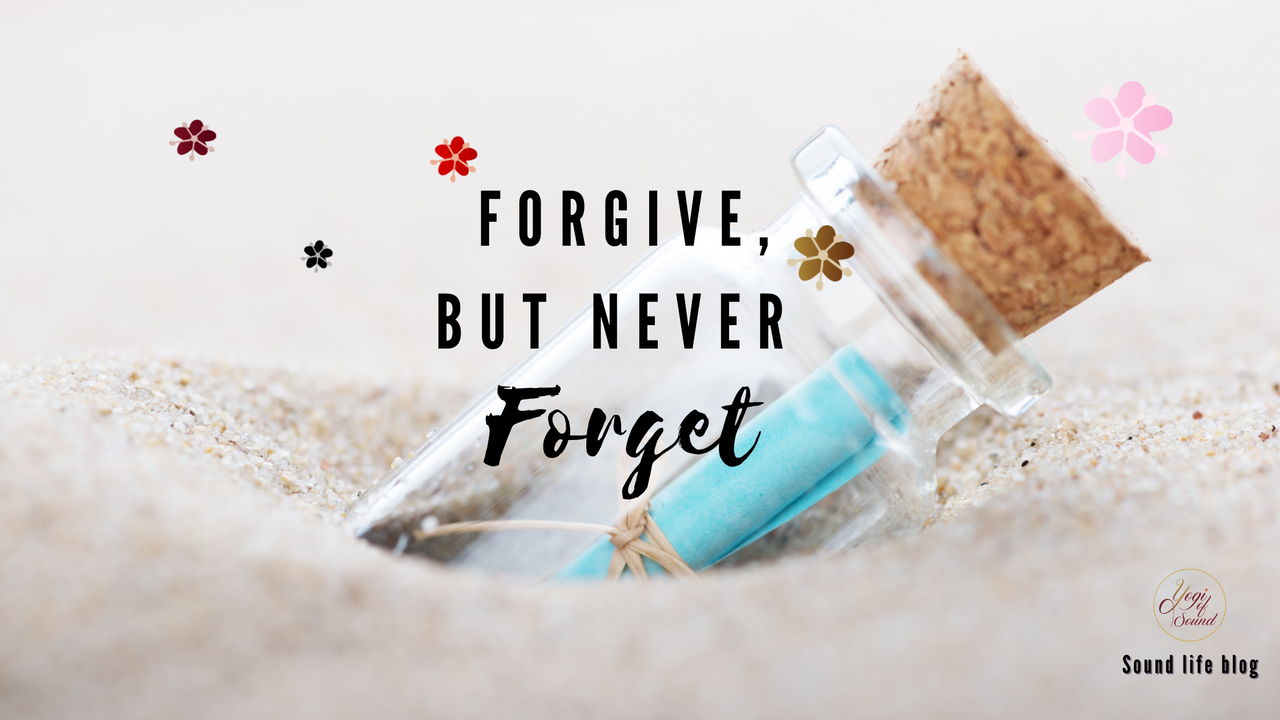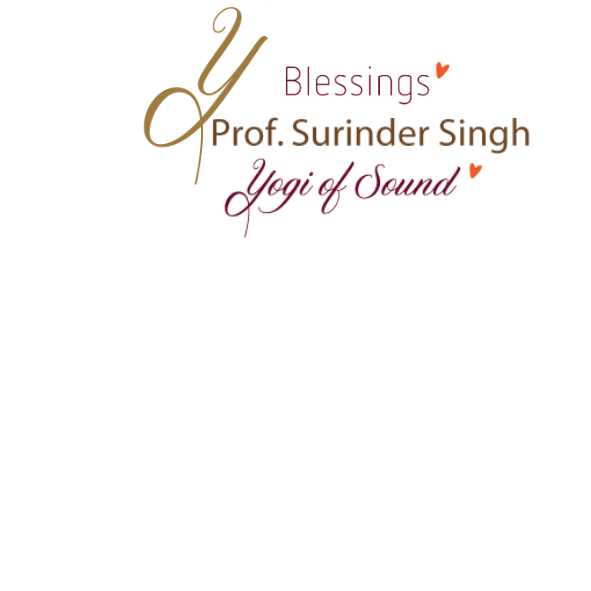Forgive, but never Forget

Have you noticed? Memory loss, Dementia and Alzheimers' have become quite common, and many are worried about getting old as a result. The potential loss not only of precious memories but eventually our sense of identity and our connection with loved ones is scary. Dementia often runs in families and reappears generation after generation, and a possible diagnosis is like a dark cloud on the horizon for those who might be affected.
Research is being done, resulting in many hypotheses and theories about the origins, causes and progress of these illnesses. So far, there is no cure, and science can't fully explain what is happening in the brain of a person who suffers from dementia. It seems somewhat unpredictable, and even though scientists have found markers in the genome that might point towards an increased risk of certain kinds of Alzheimer's, it doesn't mean that a person who has those makers will inevitably suffer from it. I don't know when these health conditions will be fully understood or if medical advancements will eventually produce a cure.
However, that doesn't mean that our future resembles a game of Russian roulette. Let us examine this phenomenon in the context of Naad Yoga and see if we can shed some light on this mysterious process.
To start, ask yourself: what are memories made from? I would say that memories are composed of emotions and impressions from our 5 senses (sight, touch, taste, hearing and smell). Emotions in Naad Yoga are expressed through the 22 emotional signatures (shrutis) and merge together to create moods, also called Raags. If you just found this blog, you can find out more about emotional signatures in my previous blog called "The Sound of Truth in a World of Fake News", and Raags are explored in "What is the sound of one hand clapping?".
Now, suppose that emotional signatures and the resulting moods (Raags) are part of creating memories. In that case, it becomes apparent why Naad Yoga can have a powerful impact on how you access and retain them. Using sound, you can recreate the emotional state you were in when a particular memory was formed. Now, imagine your memories like strings on a harp, which remain silent unless the strings are set to vibrate. You can either pluck the strings directly with your fingers to create a sound - the equivalent of actively remembering something, or you can play another instrument close by, and the strings will softly resonate without being touched. This is similar to what happens within you when you listen to a Raag. Even if you are not actively pursuing the past, the emotions carried with the sound will gently stir your psyche and bring forth memories of days past when you experienced similar feelings. Active or meditative listening to a Raag will make this process much more powerful. Using the same analogy, it would be like having several instruments playing while you are plucking the strings of your own harp.
But there is another aspect we must not overlook: why do we forget something in the first place? I believe that the biological processes which eventually result in changes to the structure and chemistry of our brain are caused by changes in our psyche. There is, at some point, a decision to forget - even if we are not aware of making it.
Think about what you are most likely to forget - cherished moments of your childhood you love to revisit? Hardly. It is usually moments that were not memorable, without much sensory or emotional charge, and therefore barely made an impression in your psyche.
And then there are those moments a person really doesn't want to remember: experiences of fear, pain, embarrassment, shame… the list goes on. Severe trauma can cause someone to lose time, with hours, days, or weeks seemingly cut out of their recollection, leaving nothing but a blank space. In less severe cases, the memories are fuzzy, muted and vague, like a landscape seen through a fog - a few impressions might stand out sharply, while the rest is barely discernible. This is where your mind has partially erased memories to protect you. If you look back on your life, you will notice those patches in your memory that seem barely there, and it is easy to skip over them without notice. However, is erasing those memories a good choice in the long term? How does this affect the rest of your memory?
Trying to remove certain moments or periods from our recollection increases the risk of further memory loss in the future. From my experience, memories are an integral part of someone's psyche, providing the foundation for who that person is. Imagine cutting out sections of a spiderweb - what happens? The whole structure becomes unstable, further strands are likely to break because there is more strain on them, and sooner or later, the entire construction collapses.
Denial is a dangerous path to pursue, not only in the context of memory and memory loss. Denying our past because it is too painful is understandable, but it means disavowing the experiences that shaped us and made us into who we are in the present. It means warping our whole being, stifling our personal growth and distorting our understanding of who we are.
How can you make good choices for yourself without fully understanding yourself? And how can you know yourself when you refuse to deal with parts of your past?
I went through traumatic experiences bad enough to give anyone nightmares, and I understand the seductive pull of forgetting. Many people who cared for me also told me to do just that: forget about it, move on with your life, occupy yourself with other things. It might have worked for a time - and it would have been the easy way out. But my teacher used to tell me: dealing is healing. I decided to follow his advice while also looking for joy in the present and for things that make life worthwhile.
However, please understand that I don't suggest that you plunge into the memories of your most profound trauma headfirst and drown yourself in them. Naad Yoga takes a very systematic approach: you use the Raags to guide you through past experiences, step by step. You look at those memories, one at a time and allow yourself to fully feel your feelings, accept the reality of the experience and then you slowly return to the present. Each Raag is composed in a way that supports your emotional balance, and the healing vibration of the Mantr or Sabd helps you avoid spiralling into depression. And if you are feeling really low after such a sojourn, there are Raags to help you recover and ease you out of a dark mood.
One of them is Raag Bairaree, an uplifting and soothing mood because it reminds you that you are never alone - the Creator is always with you. You can listen to a new composition of Raag Bairaree, called "Beside You"here.
Let us not live in fear, neither of the past nor of the future. Yes, life might throw a curveball at you at any moment, but I believe that you can deal with it, and you are not alone on your path. I hope we can support each other even better in the future and create a world where people no longer have to choose between peace of mind and the integrity of their memories.

